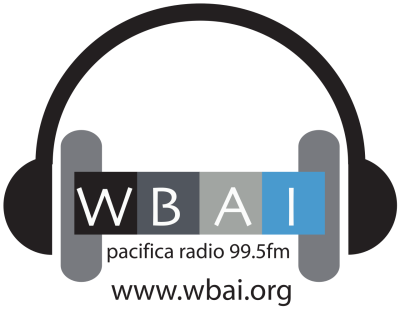When it comes to the benefits of electronic health records, older Americans may be left behind, according to a new study.
Less than a third of Americans age 65 and over use the Web for health information and barely 10 percent of those with low health literacy – or ability to navigate the health care system – go online for health-related matters, according to the nationally-representative study by researchers at the University of Michigan. Study results appear in the November 2014 issue of the Journal of General Internal Medicine.
“In recent years we have invested many resources in Web-based interventions to help improve people’s health, such as electronic health records designed to help patients become more active participants in their care. But many older Americans, especially those with low health literacy, may not be prepared for these new tools,” said lead author Helen Levy, Ph.D., research associate professor at the U-M Institute for Social Research in a press release.
“Our findings suggest that there’s a digital divide when it comes to health care. Older adults with low health literacy especially represent a vulnerable population that’s at high risk of being left behind by the advance of technology.”
Over the last 5 years, use of electronic health records in the U.S. has increased dramatically as a result of government initiatives and investment by healthcare providers. Many providers now offer patients access to parts of their own medical records via online health portals that include everything from reminders of when they are due for wellness visits and screening tests, to immunization records and lab results, as well as key information on obtaining and using their prescription medications correctly and safely.
“Health information technology promises significant benefits, but it also comes with the risk that these benefits won’t be shared equally,” said senior author Kenneth Langa, M.D., Ph.D., professor of Internal Medicine at the U-M Medical School and research investigator at the Center for Clinical Management Research (CCMR), VA Ann Arbor Healthcare System.
“The Internet is becoming central to health care delivery, but older Americans with low health literacy face barriers that may sideline them in this era of technology. Programs need to consider interventions that target health literacy among older adults to help narrow the gap and reduce the risk of deepening disparities in health access and outcomes.”
Regular readers of HealthCetera may be familiar with previous stories about the need for health systems and organizations to address issues of health literacy and digital divide — especially among the older population. Digital literacy has been associated with slower cognitive decline, enable more people to age healthy at home, improve decision making, and facilitate care coordination. Older adults are eager, willing, and able to learn about technology, just ask the seniors featured in our report about the Senior Planet technology center.
However, educational and income disparities — huge drivers of poor health literacy — continue to be a hurdle many seniors can’t overcome. Policymakers, clinicians and community service organizations must pay closer attention to e-health literacy interventions targeting the needs of older adults, before more older adults slip even further behind.
Liz Seegert, Senior Fellow





